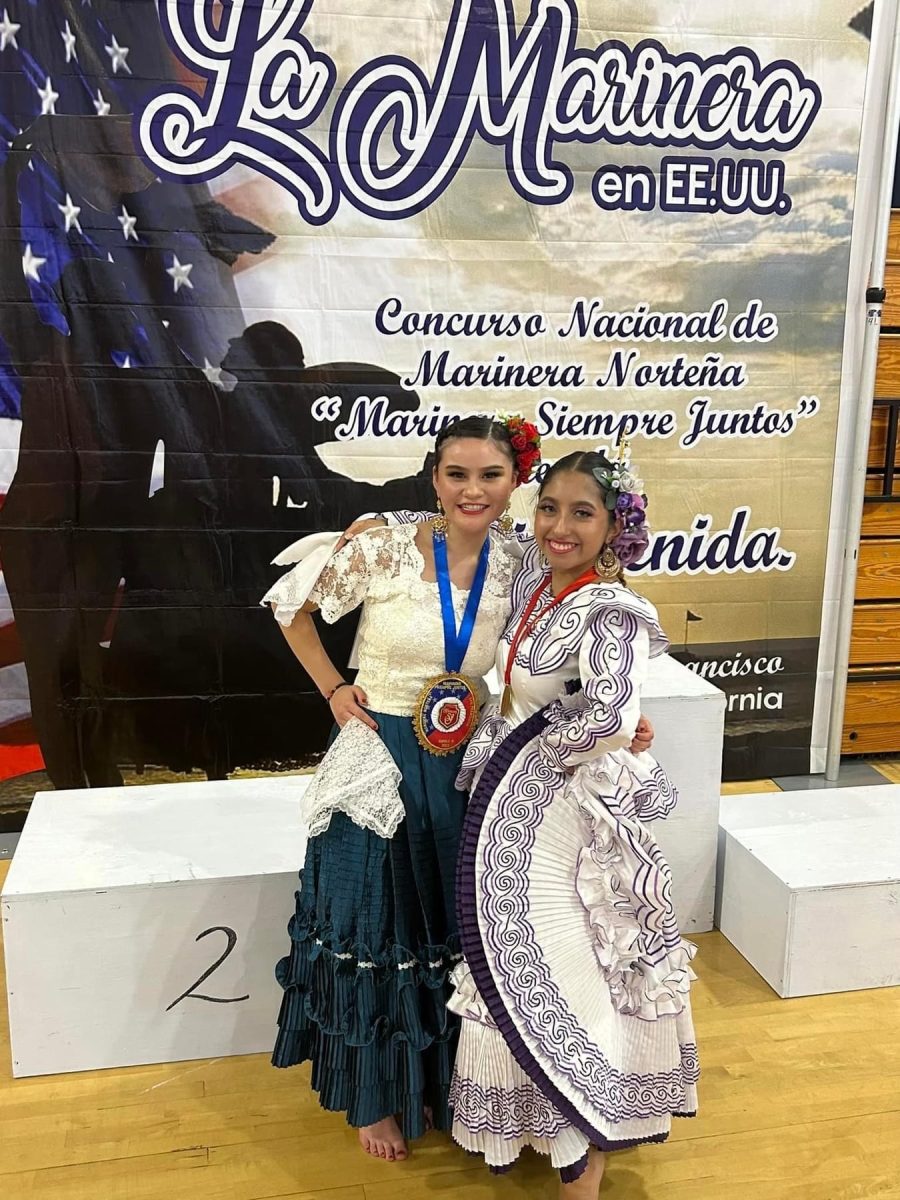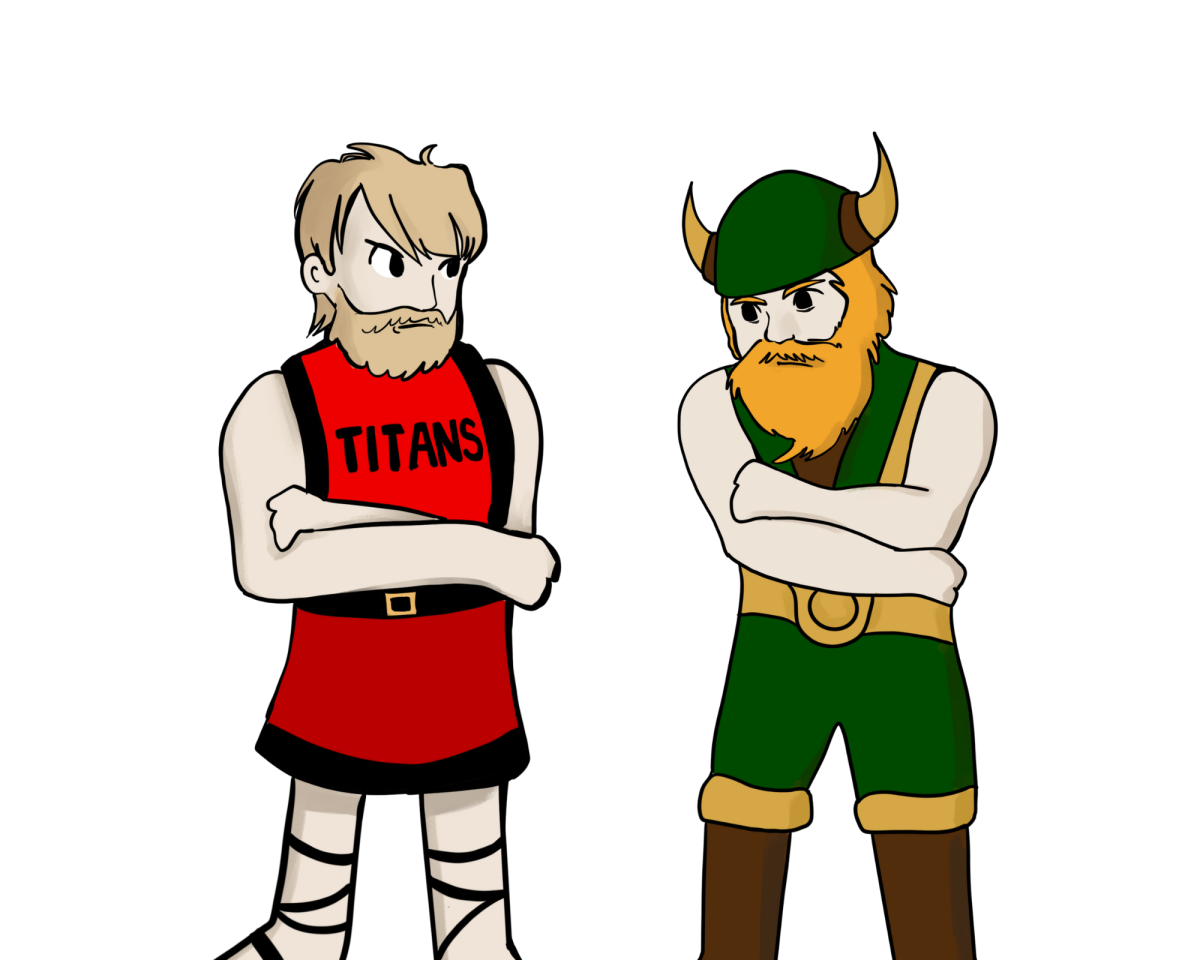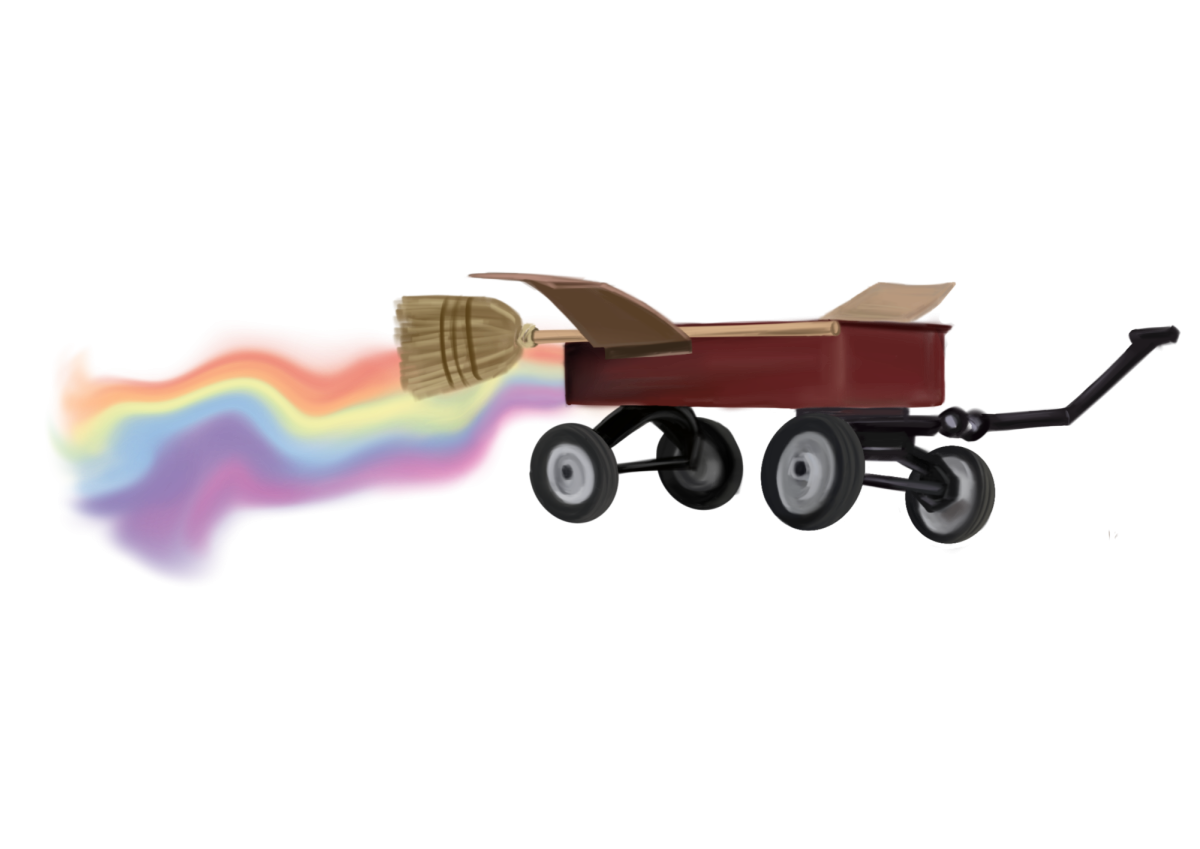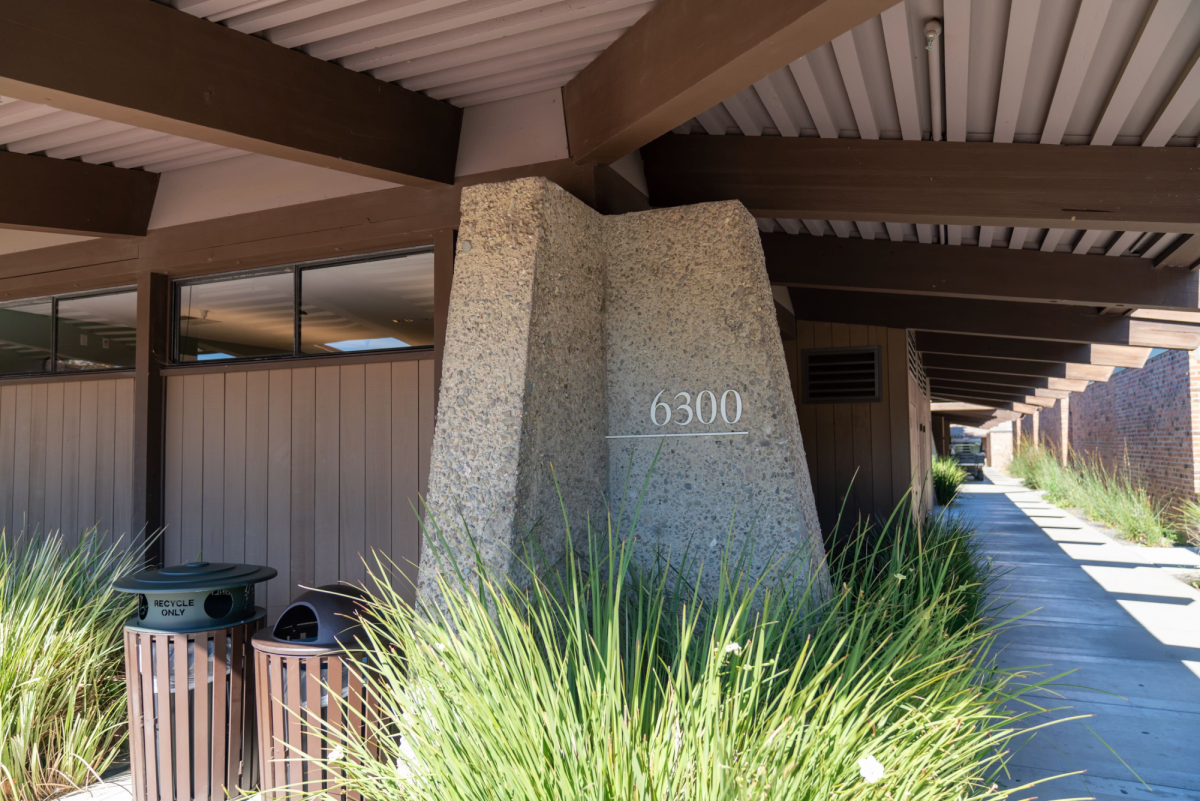Sophomore Megumi Estrada Nakamatsu has been participating in Marinera Nortena, a traditional Peruvian dance, since the age of 6. Marinera Nortena originated in Trujillo, Peru, and is a couples dance that tells a story about a man trying to court a woman. The female dancer traditionally dances barefoot in a custom dress while the male dancer wears a straw hat, suit and poncho. Currently, Estrada Nakamatsu practices at the Veterans Memorial Senior Center in Redwood City after hours.
Estrada Nakamatsu’s parents first introduced her to the Marinera to help her and her sister connect to their culture. Although Nakamatsu sometimes disliked attending practices, she eventually grew to love expressing her emotions and culture through dance.
“I was the only Peruvian at my elementary school for around four years, which made me feel very isolated and scared to represent my own culture,” Estrada Nakamatsu said. “It was kind of hard to try to accept my culture and be proud of it (because of) the really deep seated fear of being judged. As I got older, I definitely started to become more proud of my culture. Now, I’m very open. I love to show it off.”
Through the Marinera Nortena community, Estrada Nakamatsu surrounds herself with people who share her Peruvian culture, giving her a sense of belonging. The excitement that comes with dancing gives her an opportunity to cherish her culture.
“Sometimes, I’m so focused on the excitement of the dance that I block out the cheers of my family and I’m completely in a state of happiness,” she said.
Estrada Nakamatsu participates in several competitions during the year, though schoolwork and parent availability limit the number of practices and competitions she can attend.
“I was really happy to be (at the Marinera Siempre Juntos competition in January) because I hadn’t competed in such a long time,” she said. “I got a lot of compliments, and it felt really good to be in traditional wear.”
Competitions usually consist of three pairs dancing while four to six judges watch, with multiple rounds if necessary. Pairs are judged based on the spontaneity (the personality of the dance), grace, coordination and zapateo (the footwork). Through these competitions, however, she’s had to face the hard truth that certain dancers pay to win, even at the major national championship in Peru.
“It’s clear when someone who wins first place only won because they paid or because the judges weren’t good at deciding,” she said. “Sometimes it gets super frustrating that you just want to cry, because you’ve worked so hard and you have so much experience just to lose against someone that isn’t as experienced as you are.”
Despite this challenge, Estrada Nakamatsu continues to dance at competitions and for her own enjoyment.
“I basically just want to have fun,” she said. “I love to represent my culture. One day, I want to maybe even go to Gunn in my traditional clothing that I dance with to be able to show it off and be able to see other people wear (their) traditional wear.”


















